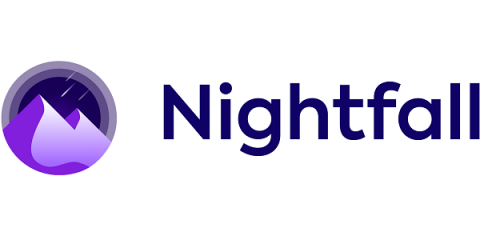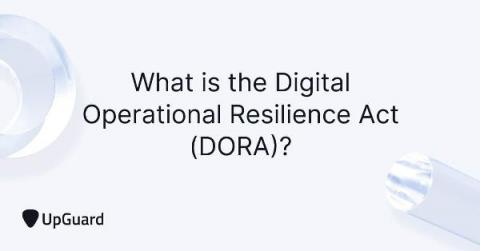Security | Threat Detection | Cyberattacks | DevSecOps | Compliance
Legislation
How to Comply with GDPR: Key 10 Steps
The General Data Protection Regulation (GDPR) is designed to protect the personal data of EU residents by regulating how that information is collected, stored, processed and destroyed. The data security and privacy law applies to all organizations that collect the personal data of European Union citizens, regardless of location. The penalties for noncompliance with GDPR requirements are stiff. Many organizations are struggling with how to comply with GDPR.
Corelight accelerates OMB logging adoption
In case you missed the Office of Management and Budget (OMB) (memo M-21-31), Improving the Federal Government’s Investigative and Remediation Capabilities Related to Cybersecurity Incidents, let me provide you the information that you need to know if you are in the federal government.
Learn About the Digital Operational Resilience Act
Around the world, and particularly over the past few years, regulators have been looking for ways to strengthen the resilience of the financial sector. In the European Union, regulators within the European Commission (EC) have taken a concrete step to meet this objective through the Digital Operational Resilience Act (DORA). The EC published a draft version of DORA in September 2020.
Slack Security: FERPA and HIPAA Compliance
During the pandemic, healthcare and education providers scrambled to adapt to providing services remotely, using tools like Slack, Google Drive, and Zoom to continue connecting with patients and students. McKinsey tracked a spike in the use of telehealth solutions in April 2020 that was 78 times higher than in February 2020. And, by some estimates, more than 1.2 billion children worldwide were impacted by school closures due to the pandemic — some of whom were able to learn remotely.
The Importance of Cybersecurity Standards and Certifications for SMBs
In today’s world with cyber attacks hitting the headlines daily, cybersecurity is at the forefront of many business owners’ minds, but implementing the right solutions and knowing what to do to reduce your risk is a big challenge for decision makers in these organizations. The task is even harder for small- to medium-sized businesses (SMB) that tend to lack extensive budgets and resources needed for implementing the most effective and high-brow cybersecurity solutions on the market.
How to Report a Data Breach per GDPR
The General Data Protection Regulation (GDPR) Act is a broad set of data privacy rules that define how an organization must handle and protect the personal data of citizens of the European Union (EU). The Regulation also outlines the way that organizations can report a data breach. Articles 33 and 34 outline the requirements for breach notification; however, most businesses are still unaware of their responsibilities.
What is the California Privacy Rights Act (CPRA) 2020 and how does it compare to the CCPA?
The California Privacy Rights Act (CPRA) is an extension of the 2018 California Consumer Privacy Act (CCPA). The goal of both laws is to enhance the privacy rights of California residents with regards to the personal information that companies collect about them, giving them the right to see, delete and limit the sale of that data. The CPRA will be fully implemented in mid-2023. In this article, we will take a close look at the provisions of CPRA and how it amends the CCPA.
What is the Digital Operational Resilience Act (DORA)?
The Digital Operations Resilience Act (DORA) is the European Union’s attempt to streamline the third-party risk management process across financial institutions. A draft of DORA was published by the European Commission on 24 September 2020. Without this act, there isn't an objective Information and Communication Technology (ICT) risk management standard in Europe.
Discover How the Arctic Wolf Platform Facilitates HIPAA Compliance
For healthcare organizations, cybersecurity isn’t just about staying safe and protected from evolving cyber threats—it’s also about staying compliant. The most well-known healthcare regulation of them all is the Health Insurance Portability and Accountability Act (HIPAA), which recently celebrated 25 years on the books.









